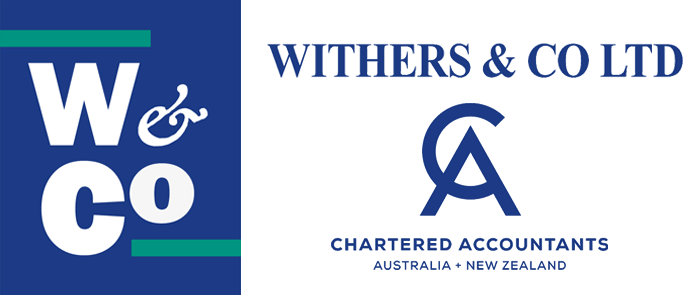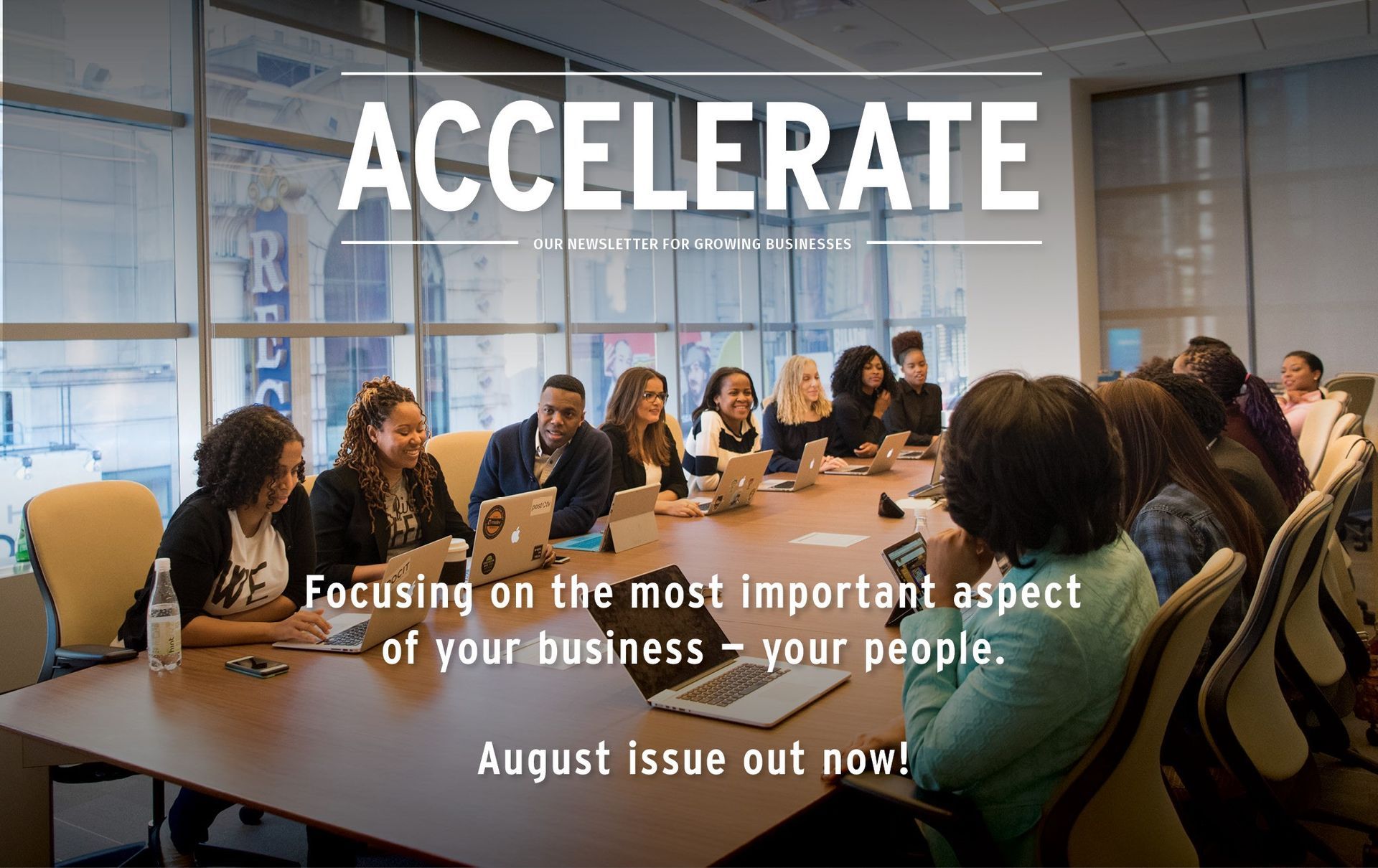Walk the talk with a greener supply chain

Working towards a sustainable supply chain isn’t a walk in the park, but it’s worth every step, according to Raglan Food Co co-founder Tesh Randall. Her multi-award-winning company supplies dairy-free products to 600 stores around New Zealand, Singapore, Hong Kong, and the Pacific Islands.
Describe all the ways you are working to achieve a sustainable supply chain?
We use Sea Freight to bring in our coconut cream from Indonesia. We consolidate our freight deliveries to our warehouse, so we only need one drop-off per week. We use glass jars and bottles for our products instead of plastic, recycled cardboard cartons, and paper for packaging rather than bubble wrap or Styrofoam. We use local, organic fruit wherever possible in our recipes. Our power is provided by Meridian’s 100% renewable network. Our wastewater from washing out our brewing tanks is pumped up the hill to the local avocado farmer and used to irrigate the avocado trees. We recycle our other waste like pallets, steel drums, and cardboard in creative ways here in the community (for example, people who run local gardening projects come to pick them up). We take responsibility for all the emissions generated by our supply chain by being a Carbon Zero Certified business, so all emissions are accounted for at the end of the year, and we pay to offset them with native forest projects.
What challenges have you faced in working towards a sustainable supply chain?
From the beginning of the business, we’ve tried to do things as sustainably as possible. But as long as vehicles continue to use fuel a truly green supply chain won’t be possible because the amount of battery power required to have a large truck run on electricity isn’t currently feasible. I read recently in Bill Gate’s book on climate change that; “Even with big breakthroughs in battery technology, electric vehicles will probably never be a practical solution for things like 18-wheelers, cargo ships, and passenger jets. The problem is that batteries are big and heavy. The more weight you’re trying to move, the more batteries you need to power the vehicle. But the more batteries you use, the more weight you add — and the more power you need.” I hope this isn’t the case and one day technology will allow large trucks like the ones which deliver our yoghurt to stores to be powered on sustainably generated electricity.
How important is it to Raglan Food Co to have suppliers and partners that align with its business values?
As a Certified B-Corporation, part of our onboarding process is to have suppliers sign a Code of Conduct that outlines our values and the things we do and don’t want to see from our suppliers. A big part of that is doing things as sustainably as possible.
How does having a more sustainable supply chain improve business success?
I think staff feel more motivated when they’re working in a business that is trying to do things better. It’s depressing to look around and see all the problems in the world and not feel like anything is being done. I also know that customers really appreciate buying products from a responsible, ethically minded company. I believe this is the future of business, so even though it might take time, effort, and investment, it will eventually pay off.
Have you got any advice for businesses who want a greener supply chain?
Go through the process of becoming a B-Corp and Carbon Zero certified. As part of that, you will have to analyse everything about your business and supply chain, and once you have all the information, you’ll be in a better position to improve things.








